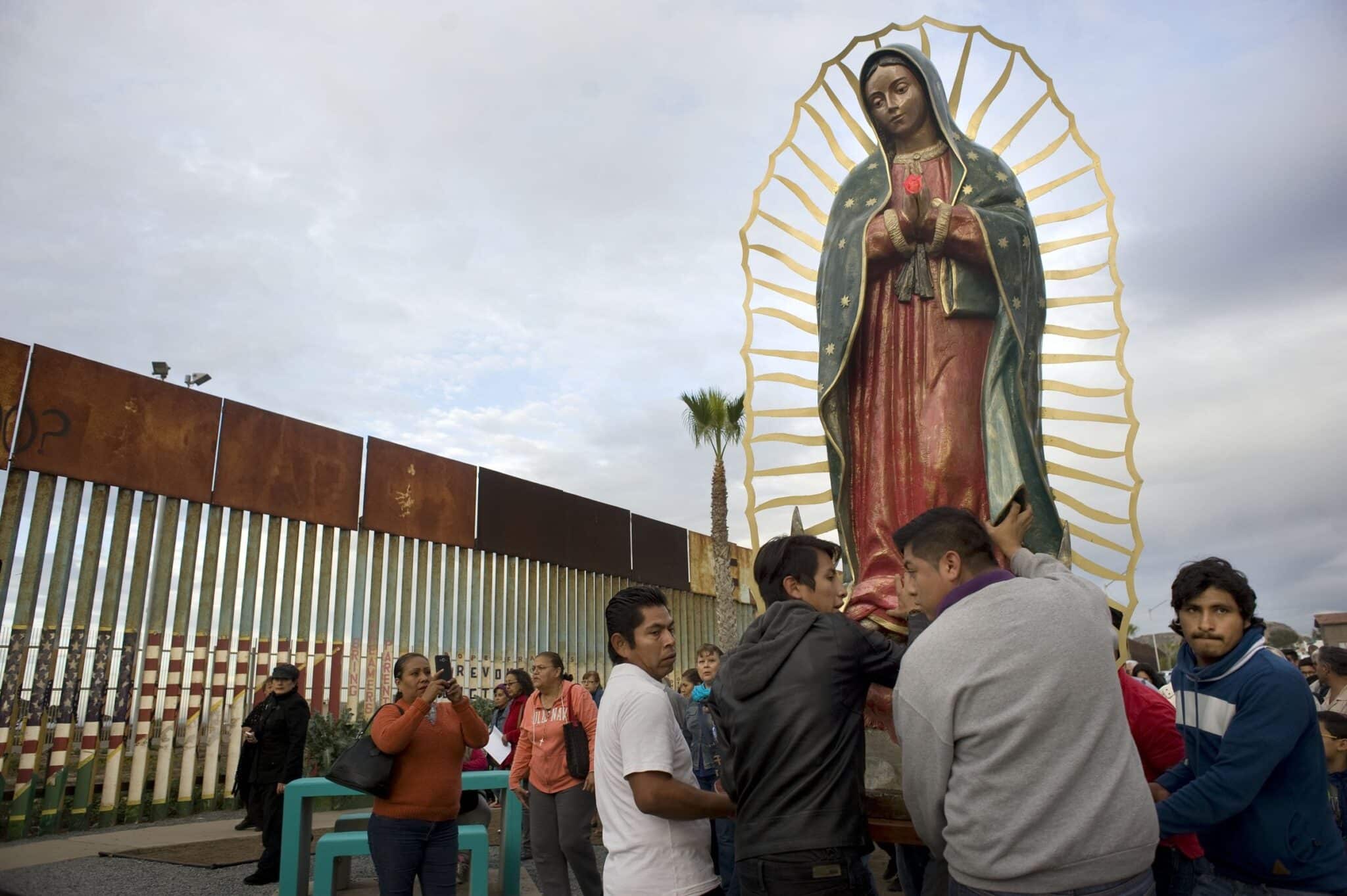What does the Bible say about our use of social media?
The Bible directly addresses only those things that existed when it was finalized. Digital social media began approximately 1,900 years after the last book of the Bible was written. Thus, the Bible has no specific teaching, for example, about stockpiling nuclear weapons, using in vitro fertilization, or the possible existence of life on other planets.
Scripture, however, has many passages that offer valuable guidance on these and other subjects. That includes “digital natives,” people who have never known a world without social media—and those of us who have known that world and its predecessor.
Respect for the human dignity of all persons should govern all our use of social media, which can allow people to easily hide behind anonymity or a pseudonym to promote racism, sexism, or other ways of showing disrespect to some of God’s sons and daughters. Anonymity or screen names often enable people to say things digitally that they would never say person-to-person. The Bible always reminds us to treat others as people made in the image and likeness of God.
Last February, someone claiming to be a cardinal anonymously published “The Vatican Tomorrow,” a denunciation of Pope Francis and what the cardinals should be looking for when they elect his successor. The author calls himself “Demos II,” a reference to the late Cardinal George Pell, who published a similar complaint under the name Demos (the Greek word for people).
Do you think that Jesus would approve using social media that way?
The Holy Spirit in the Old Testament
In Old Testament days, was the Holy Spirit available to all people who believed in God or only to those who were specially anointed (prophets, kings, and so on)?
The Old Testament does not speak of the Holy Spirit in the Christian sense of the third person of the Holy Trinity. Believing in one God (monotheism) is the absolute bedrock of Judaism, emphasized especially during and after the Babylonian exile (597 BCE–538 BCE) down to the present. “Hear, O Israel! The Lord is our God, the Lord alone!” (Dt 6:4) is Judaism’s most basic prayer.
Jewish objections to Christianity have centered on whether believing in God the Father, Son, and Holy Spirit makes Christianity not truly monotheistic, contrary to what its members have always maintained. Christians have consistently denied that believing in the Trinity contradicts their belief in a single God.
In the “Wisdom” entry for his Dictionary of the Bible, John L. McKenzie notes that divine wisdom is exhibited in creation (Prv 3:19, Jb 38—39, and Sir 42:15—43:33ff). Wisdom is personified in Proverbs 8:22–36 and elsewhere in the Old Testament’s wisdom literature.
The Book of Jonah eloquently warns against an exclusive interpretation of the Jews as God’s chosen people. Much to Jonah’s surprise and eventual disgust, the people of Nineveh repent. Although neither he nor they recognized this, the Holy Spirit played a key role in their conversion.
Perhaps the Holy Spirit prevented the pagan Balaam from cursing the Hebrews as requested (Nm 22—24). Many Christians have understood that wisdom personified (Sir 1:4) represents an indirect reference to the Holy Spirit.
According to the Catechism of the Catholic Church: “Theophanies (manifestations of God) light up the way of the promise, from the patriarchs to Moses and from Joshua to the visions that inaugurated the missions of the great prophets. Christian tradition has always recognized that God’s Word allowed himself to be seen and heard in these theophanies, in which the cloud of the Holy Spirit both revealed him, and concealed him in its shadow” (707). The Catechism goes on to point out that lamentations in the Book of Psalms show a desire for the Holy Spirit (708).
Jesus infuriated many of his listeners when he reminded them that Elijah was sent to a pagan widow in Zarephath (Lk 4:26/1 Kgs 17:10) and that Elisha healed Naaman, a leprous pagan general, but no Israelite suffering from leprosy (Lk 4:27/2 Kgs 5:1–19).
Biblical prophets have only one agenda: to speak for God. Unfortunately, the same cannot be said about all the kings of Judah and Israel. People in ancient times recognized the Holy Spirit in the same way that we unofficially recognize saints: by the integrity of their lives.
Where Can I Find Vatican Documents?
How can I find Vatican documents such as the recent one about blessing individuals in civil unions? Also, what does the word dicastery mean? Why is this term used for major offices of the Catholic Church?
On December 18, 2023, the Dicastery for the Doctrine of the Faith published Fiducia Supplicans, authorizing the blessing of individuals in civil unions or in “irregular marriages” under certain conditions. If you go to Vatican.va/en, scroll down to Roman Curia, and then click on Dicastery for the Doctrine of the Faith, you can find the full text of that document. Official documents from a particular Vatican office are usually listed in the order of their publication.
Dicastery comes from the Greek term for a law court. In Preach the Gospel, his March 2022 apostolic constitution reorganizing the Roman Curia’s offices, Pope Francis renamed 17 congregations and pontifical councils as dicasteries, giving first place to the one for evangelization.
What Does the Term Usual Conditions Mean?
Prayer books sometimes refer to satisfying the “usual conditions” in order to gain an indulgence. What are those conditions?
In addition to carrying out the prescribed action, the person within three weeks must confess his or her sins, receive holy Communion, and pray for the intentions of the pope.
Information about prayers, plenary indulgences, and works of mercy can be found at the US Conference of Catholic Bishops’ website, USCCB.org.







